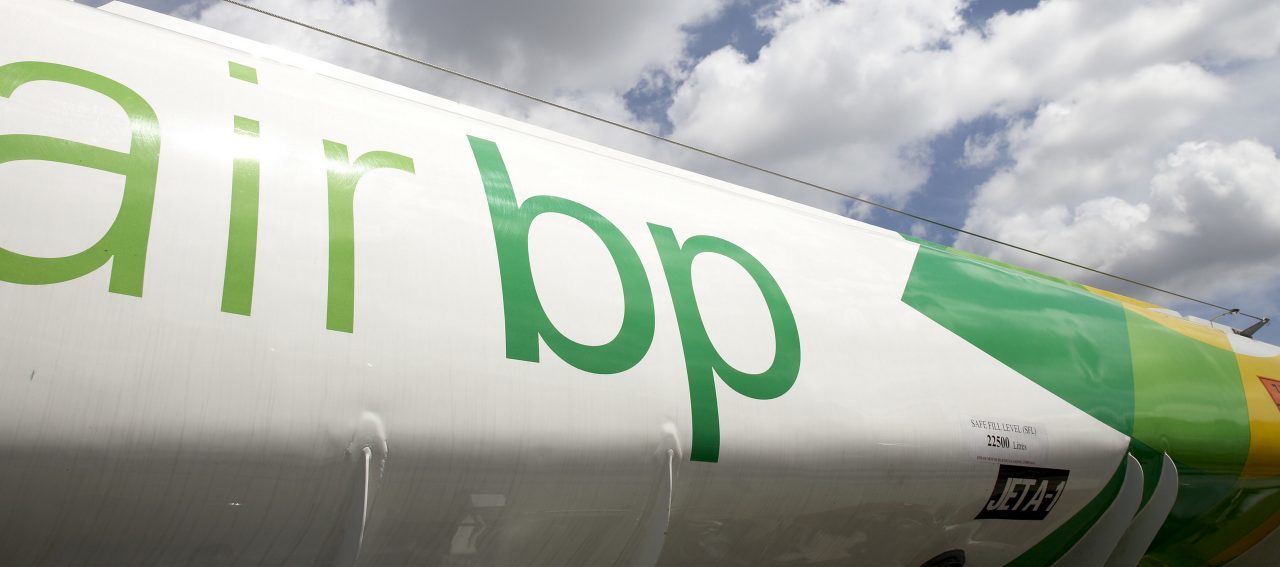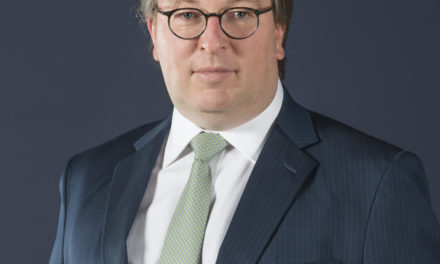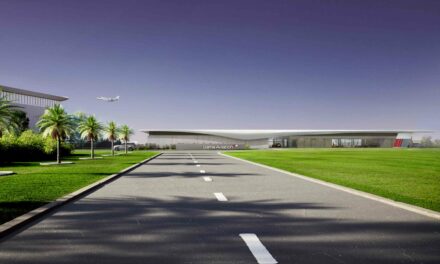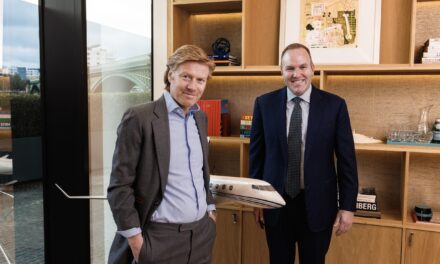Air BP, the international aviation fuel products and services supplier, has highlighted the expansion of its pioneering carbon offset program for business aviation in Brazil during the largest business aviation conference and exhibition in Latin America, LABACE from August 13 to 15. The program was extended to two of Voa São Paulo’s airports, a Brazilian private airport administration consortium, which are now part of Air BP’s supply network. Jundiaí and Amarais airports are the first to join the program and there is the potential to expand the offer to more of Voa São Paulo’s locations in the future. “We are very proud of this new collaboration with Voa São Paulo. Our carbon offset program, which complements our existing focus on customer service and safety in operations, is a significant step towards making Brazilian business aviation more sustainable,” said Ricardo Paganini, general manager, Air BP South America.
Launched in Brazil last year
Air BP launched its carbon offsetting offer for business aviation in Brazil in 2018. Its first customer, business aircraft management company Avantto, offset more than 1,000 tons of carbon emissions from June 2018 to May 2019 – the equivalent of 1,588 trips from São Paulo (SP / HBR) to Angra dos Reis (RJ) or the carbon that could be captured by almost 73,000 adult trees*. The agreement with Avantto has been renewed for another year, enabling customers to offset the emissions related to the fuel supplied to the company by Air BP.
This builds on initiatives by Air BP in other regions, such as their collaboration with leading on-demand jet charter marketplace Victor in a carbon-offset programme for private flying in Europe, as well as the ability for operators and pilots who use the RocketRoute MarketPlace app to offset the carbon associated with their fuel purchases.
The Air BP carbon offset programme is run via BP Target Neutral. Projects within the BP Target Neutral portfolio have been assessed on the basis of their contribution to reducing carbon emissions and their potential to support the UN’s sustainable development goals. They have been selected for their suitability in improving livelihoods for the communities they are located in, or through various educational, economic and social benefits.
A new project in the North of Brazil recently became part of the BP Target Neutral portfolio. Kamiranga is a ceramic factory producing bricks located in the Municipality of São Miguel do Guamá (PA). In the past, the factory used native Amazon firewood as fuel to produce its ceramic pieces. In 2007, the factory switched to fuelling its kilns using exclusively renewable fuels, such as açaí seeds and sawdust. The switch to renewable fuels created significant reductions in atmospheric greenhouse gas (GHG) emissions, and enabled Kamiranga to participate in the international carbon market.









